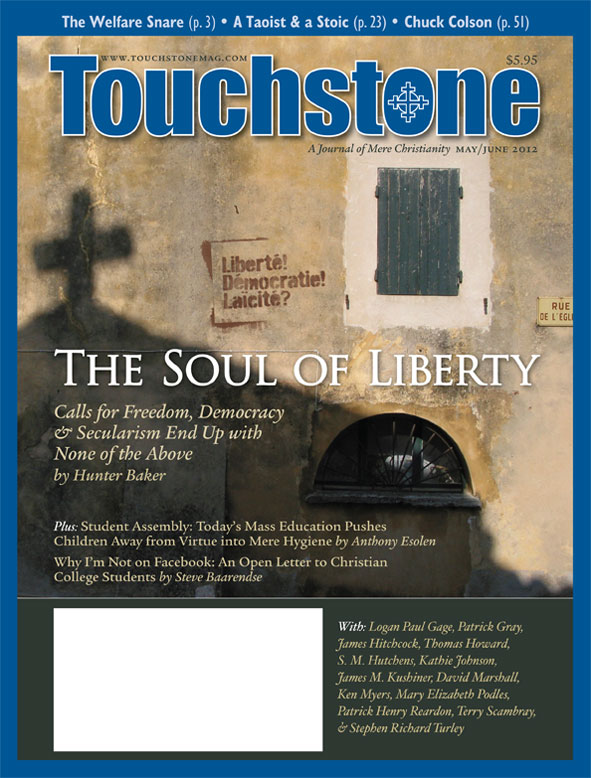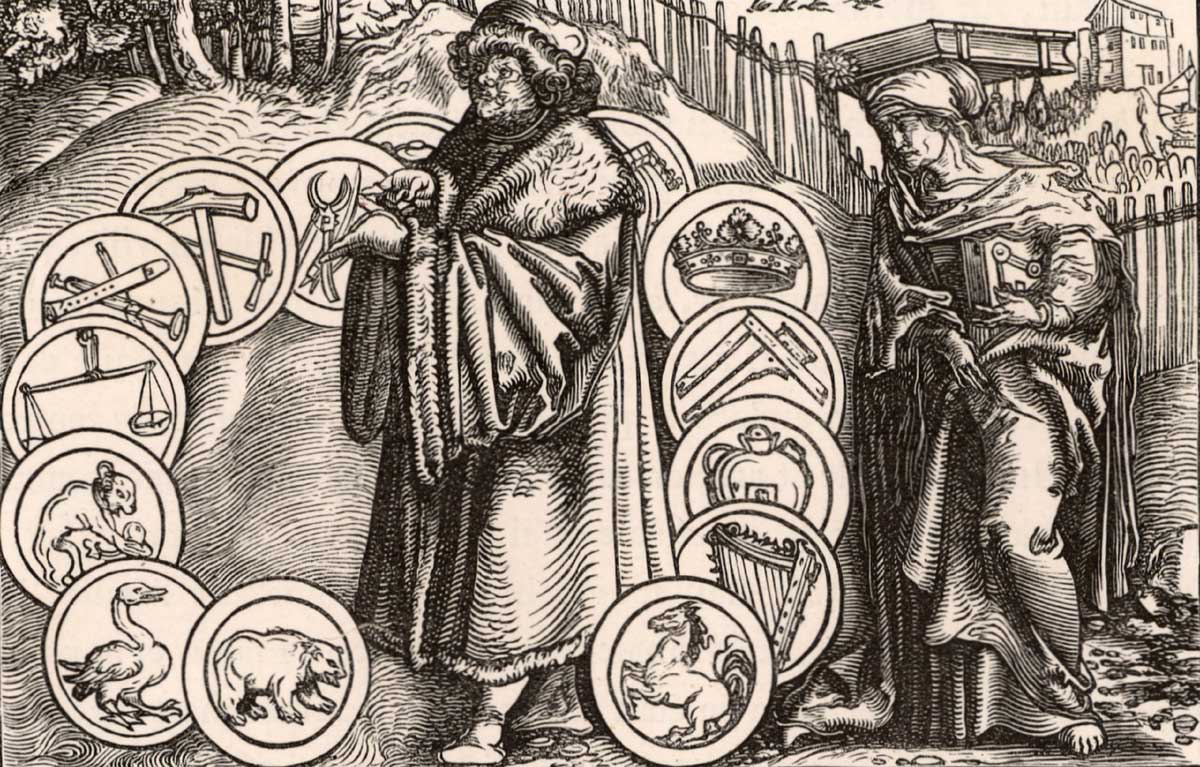If They Perish
The Missing Piece of the Middle East
Israeli Prime Minister Benjamin Netanyahu recently gave President Barak Obama a copy of the Book of Esther, a gesture surely intended to remind the American Commander-in-Chief that history might repeat itself. In Esther, the Jews are targeted for annihilation by the Persian Empire and are saved only by the intervention of Esther, at peril of her life. “If I perish, I perish,” she says, before making the successful attempt to save her people. More than 2,000 years later, Persia, that is, Iran, is again threatening the annihilation of the Jews, at least those living in the modern State of Israel.
The fate of the State of Israel has attracted attention from the American government for decades, as well as from millions of Christians in the United States and other countries. Certainly, some of the support for the State of Israel comes as a result of the Holocaust, in which Hitler, like Iran’s President Ahmadinejad today and Haman in the Book of Esther, aimed to exterminate the Jews. For some, a sense of guilt for past anti-Semitism has also been a factor, even if unacknowledged.
Many view the current situation in the Middle East as the Arabs against the Jews, but the reality is, of course, more complex than that. For one thing, Iranians are not Arabs, but Persians, and most Egyptians, though they speak Arabic, are not Arabs either. And it would also be misleading to think of the Middle East simply in terms of Muslims and Jews. Surprising, perhaps, to many Christians in the West, millions of Arabic-speaking Christians live in the Middle East today, whose ancestors have lived there since the days of the early Church. They live in Israel/Palestine, Lebanon, Syria, Jordan, Egypt, Iraq, and other parts of the region. There are also non-Arabic-speaking Christians in Iran and the Kurdish regions of Iraq. These Christians are minorities, to be sure, but often sizable ones—ten percent of the population of Egypt, for instance, are Coptic Christians.
Conversely, in the United States, the majority of Arabic-speaking residents are Christians, not Muslims. Why? Because Arabic-speaking Christians in the Middle East are fleeing in such numbers that they outnumber Arabic-speaking Muslims coming to the U.S.
Mounting Persecution
The Middle East’s Christians are fleeing their ancestral lands because of persecution in their home countries. This persecution even extends to the slaughtering of worshipers during services, as happened in Baghdad on October 31, 2010, at Our Lady of Salvation Cathedral, when 58 worshipers were killed by eight Islamic terrorists during evening Mass.
In the wake of the American invasion of Iraq and the removal of Saddam Hussein from power, many Christians in that country have suffered persecution, and thousands have fled. Many went to Syria for safety, only to find that both they and the indigenous Christians of Syria, together totaling two million, are likely to face new persecution if Bashar al-Assad’s government falls. Even now, Christians are dying as a result of the conflict between government and rebel forces in Syria.
Any new governments that emerge in the Middle East are likely to be dominated by hard-line Islamists and therefore hostile to Christians. Events in Egypt already point to this outcome, as the so-called Arab spring there has turned out to be a “Christian (or Coptic) winter,” as some have put it. While “democracy” may advance in the Middle East, at least for a time, it may also bring in radical Islamic governments and sharia law. It will thus come with a high price to Christian populations who have lived there for more than a thousand years. Democracy, unfor-tunately, is not an absolute good for these Christians.
In all regions of the Middle East, our brothers and sisters in Christ have suffered the forced abandonment of their homes, trauma to their children and to their bodies and souls, and death. Consider the Christians who have fled Iraq, and are now leaving or preparing to leave Syria, as well as the longsuffering Christians of Egypt, or the Palestinian Christians whose homes have been destroyed. When one Christian suffers, we all suffer. “Remember those who are in prison, as though in prison with them; and those who are ill-treated, since you also are in the body” (Heb. 13:3).
Suffering with Our Brethren
We Christians believe that the water of baptism is thicker than the bond of national citizenship or even the DNA of ethnicity. The Blood of Christ, in which we share in the worship of the Church, is stronger than all political and ethnic ties, and it unites all Christians: my brother in Christ is a Palestinian Christian, an Egyptian Copt, a Syrian Catholic, an Iraqi Christian refugee. We do well to consider the welfare of our brothers and sisters in the Lord when we think, talk, and advocate with respect to the Middle East and its politics.
Ahmadinejad wants everyone to know of his desire to annihilate Israel, but not everyone may be aware that he has also vowed to destroy Christianity in Iran. Not only the fate of the Jews but also that of our fellow Christians may hang in the balance as radical Islam advances in the region. If our Christian brothers and sisters in the Middle East perish, we all suffer. There will be no lasting peace, apart from that wrought by the Blood of Christ.
—James M. Kushiner
James M. Kushiner is the Director of Publications for The Fellowship of St. James and the former Executive Editor of Touchstone.
subscription options
Order
Print/Online Subscription

Get six issues (one year) of Touchstone PLUS full online access including pdf downloads for only $39.95. That's only $3.34 per month!
Order
Online Only
Subscription

Get a one-year full-access subscription to the Touchstone online archives for only $19.95. That's only $1.66 per month!
bulk subscriptions
Order Touchstone subscriptions in bulk and save $10 per sub! Each subscription includes 6 issues of Touchstone plus full online access to touchstonemag.com—including archives, videos, and pdf downloads of recent issues for only $29.95 each! Great for churches or study groups.
Transactions will be processed on a secure server.
more from the online archives
calling all readers
Please Donate
"There are magazines worth reading but few worth saving . . . Touchstone is just such a magazine."
—Alice von Hildebrand
"Here we do not concede one square millimeter of territory to falsehood, folly, contemporary sentimentality, or fashion. We speak the truth, and let God be our judge. . . . Touchstone is the one committedly Christian conservative journal."
—Anthony Esolen, Touchstone senior editor









